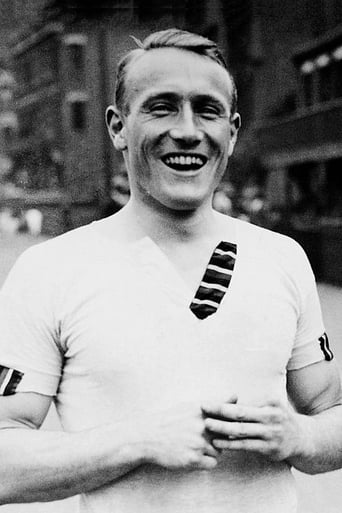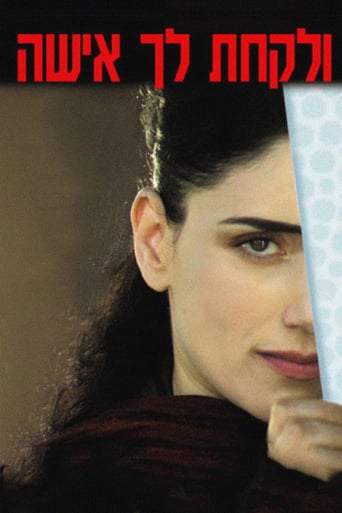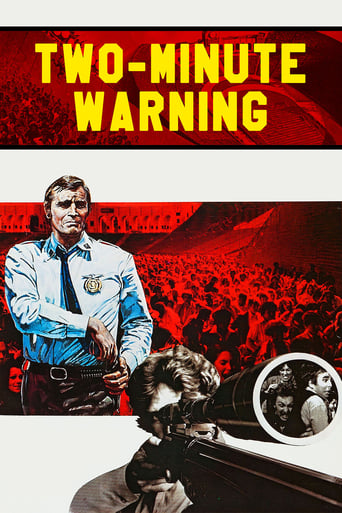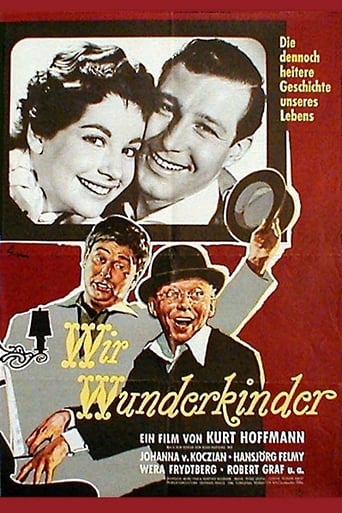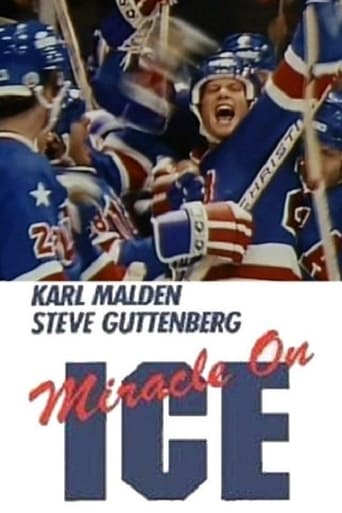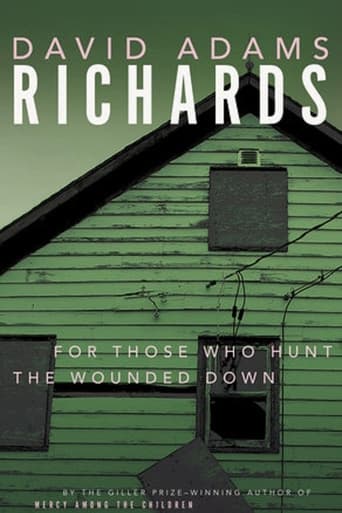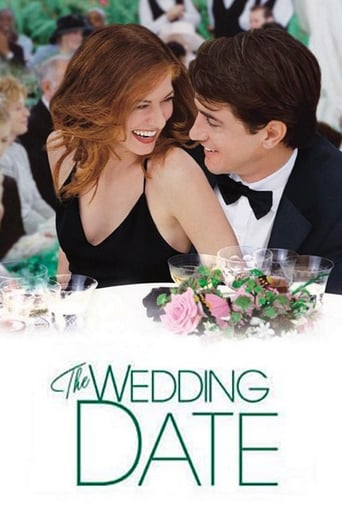
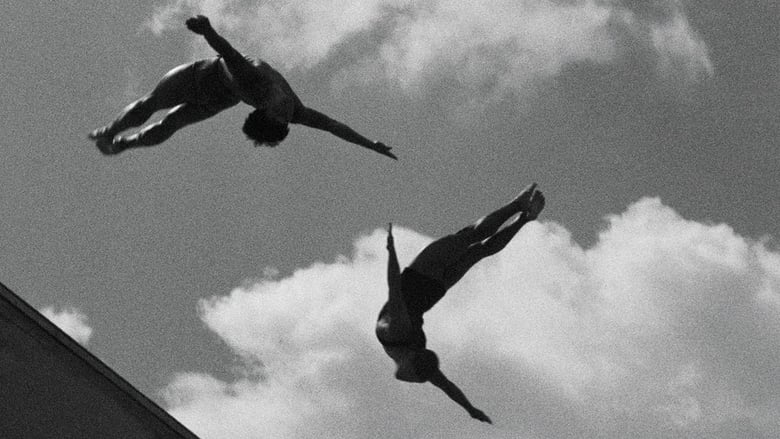
Olympia Part Two: Festival of Beauty (1938)
The Second part of Olympia, a documentary about the 1936 Olympic games in Berlin by German Director Leni Riefenstahl. The film played in theaters in 1938 and again in 1952 after the fall of the Nazi Regime.
Watch Trailer
Cast
Similar titles
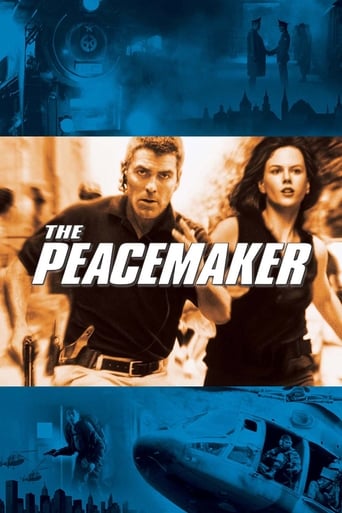
Reviews
The Worst Film Ever
Great Film overall
At first rather annoying in its heavy emphasis on reenactments, this movie ultimately proves fascinating, simply because the complicated, highly dramatic tale it tells still almost defies belief.
It is neither dumb nor smart enough to be fun, and spends way too much time with its boring human characters.
The 80-year-old, 90-minute "Olympia 2. Teil - Fest der Schönheit" or "Olympia Part Two: Festival of Beauty" is centenarian Leni Riefenstahl's sequel to "Olympia 1. Teil - Fest der Völker" and this one here focuses more on beauty as the title already says. However, that did not keep Riefenstahl from adding sports such as rowing. Oh well, some may even find this beautiful from an aesthetic perspective. But seriously, stuff like high diving included here justifies the title, even if there are certainly better ways to categorize what is in the first film and what is in here. The choice that makes probably the most sense is that athletics were in the first film and everything else is in here, such as cycling, fencing, football and a lot more. And just like with the first, it is once again a fairly neutral documentary, no propaganda like some of the films Riefenstahl made before the Olympic Games of 1936. French, British and American winners are shown. And this film is also after Riefenstahl's acting career. She had been Hitler's favorite filmmaker for a while already when she made this film. I must say I enjoyed this sequel, but not as much as the first. The closing ceremony at the end of the first film seemed like decent closure to the subject, but yes there is another film. It runs roughly 30 minutes shorter than the first though. But I guess it is okay, justice done to the winners and competitors that weren't show in the first film. Overall, this is an inferior sequel as it maybe tries to include too many sports in too little runtime and lacks further elaboration on the champions and contests, something I really liked about the first. Nonetheless, this was a really good watch and I recommend checking it out. Also one of the most defining sports documentaries in history. Thumbs up.
In a world where female directors ARE discriminated against and always have been it's a tragedy that this genius (Riefenstahl) destroyed her reputation by working for the Nazis. I've seen both the Olympiad films and they left me chilled, inspired, and ashamed of myself for being inspired by them. It is quite vicious and unashamed white-supremecist propaganda, but by God it's done well. I'm wondering if the so-called "olympic ideal" EVER existed now? Are the olympics about sport, or just a huge great marketing vehicle? Nowadays it's Coca-Cola & Nike; back in the 1930s it was Hitler and the Nazi Party. The 'message' of Olympiad is that National Socialist Germany is the highest evolution of human society and that Aryan supermen dominate sport. Riefenstahl did a brilliant job of presenting this case and I'm sure that to many people it seemed reasonable and seductive; but that was before Blitzkrieg and the Holocaust. It IS a wonderful film and Leni Riefenstahl was one of the most talented movie directors who ever lived, but let's never forget she was also a collaborator in this most evil of all regimes. My belief has always been that she knew exactly what Hitler was up to and happily took part because she never thought she'd be held to account for it. By all means watch Olympiad and be enthralled by it (just like I was) but remember, this is the devil's work - and it could happen again.
This is a fairly good companion piece to the first film. Even though it doesn't have the emotional impact of Jesse Owens exploits you did get to see some of the great performances that took place during "Hitler's Games". This film and the first film will always be remembered as two of the greatest sports documentaries every produced.
Rarely -- perhaps never before or since -- has the sheer beauty of the human body and the joy in its perfection been as well captured as in in "Olympia, Festival of Beauty". Watching this is film is to capture some sense of what the Ancient Greeks meant when they discussed _arete_ -- the "virtue" of being "beautiful" in body and soul. The great Humanists of the Renaissance would have been honored to count Miss Riefenstahl among their number had they been able, by some miracle, to see this canvas of Beauty in motion. As art, this film ranks with the works of Michaelangelo, Donatello, Phidias, and others who have scaled the empyrean heights and seen Humanity looking back at them. Poignant is the dolorous thought that within a few years so many of these paragons of _arete_ would be killed in the War. It is no wonder that Joseph Goebbels was said to have disliked Riefenstahl -- while she (even in "Triumph of the Will") held a mirror to the beauty of humanity and its highest aspirations, he dredged up the most noxious evils of the soul and twisted them into images of fear & horror; while she emphasized unity and camaraderie, he stressed division & distrust in order to secure his own vile position under the Fuhrer whom they both viewed so differently. Miss Riefenstahl portrayed people of all races and nations at the most sublime pinnacle of their own perfection, while a few years later Walt Disney and the Warner Brothers gave us buck-toothed Japanese midgets and paunchy German robots as The Inhuman Enemy. Today, however, it is SHE who is reviled. The more things change ... the more they remain the same
